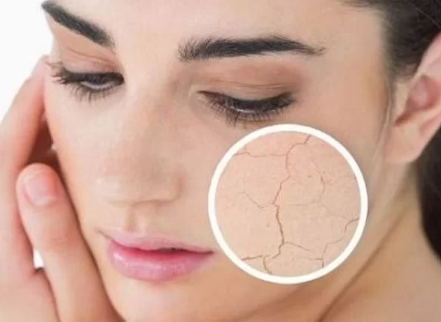Do coffee, tea, and spicy foods harm your skin? Discover how these habits affect your skin below.
Dehydrating Drinks
Beverages that have a high sugar content or are highly acidic can contribute to skin dryness. Sodas, energy drinks, and even some fruit juices can strip your body of its natural moisture, leading to dry skin.
Processed Foods
Refined and processed foods often lack the essential nutrients and antioxidants that help maintain skin health. Their high sodium content can also lead to dehydration, exacerbating dry skin conditions.
Alcohol Consumption
Alcohol is a diuretic, which means it increases urine production and can lead to dehydration. Excessive alcohol intake can, therefore, have a drying effect on the skin, making it dull and lifeless.
Caffeinated Beverages
While coffee and tea have many health benefits, they can also contribute to dry skin if consumed in large quantities. Caffeine’s diuretic properties can pull water from the body, potentially leaving your skin parched.
Dairy Products
For some individuals, dairy products can cause inflammation and mucus production, which may manifest as dry skin or exacerbate existing skin conditions. Lactose intolerance or a sensitivity to dairy can be culprits in skin dryness.
High-Protein, Low-Carb Diets
A diet that is very high in protein and low in carbohydrates might lead to dry skin. This is because such diets can reduce the body’s intake of essential fatty acids, which are crucial for maintaining skin hydration and elasticity.
Foods Low in Omega-3 Fatty Acids
Omega-3 fatty acids play a vital role in maintaining skin health. A diet lacking in these acids can result in dry, flaky skin. Foods rich in omega-3 can help combat this issue.
The Role of Hydration
While diet plays a role, the amount of water you consume daily is crucial for skin health. Not drinking enough water can lead to dehydration, which shows up on your skin as dryness and dullness.
The Solution: Nutrient-Rich Diet
To combat dry skin, incorporate foods rich in vitamins, minerals, and healthy fats into your diet. Avocados, fatty fish, and nuts are excellent sources of nutrients that can help maintain skin hydration and health.
External Factors and Skincare
It’s also important to consider external factors and skincare routines. Use gentle, hydrating cleansers and moisturize regularly to lock in your skin’s moisture. Protect your skin from harsh weather conditions and environmental stressors.
Conclusion: Eating and Drinking for Healthy Skin
Your diet and fluid intake can significantly affect the condition of your skin. By being mindful of the foods and drinks that might be causing dry skin and adjusting your diet accordingly, you can improve your skin’s health. Remember, a balanced diet, proper hydration, and a good skincare routine are your allies in the fight against dry skin.




